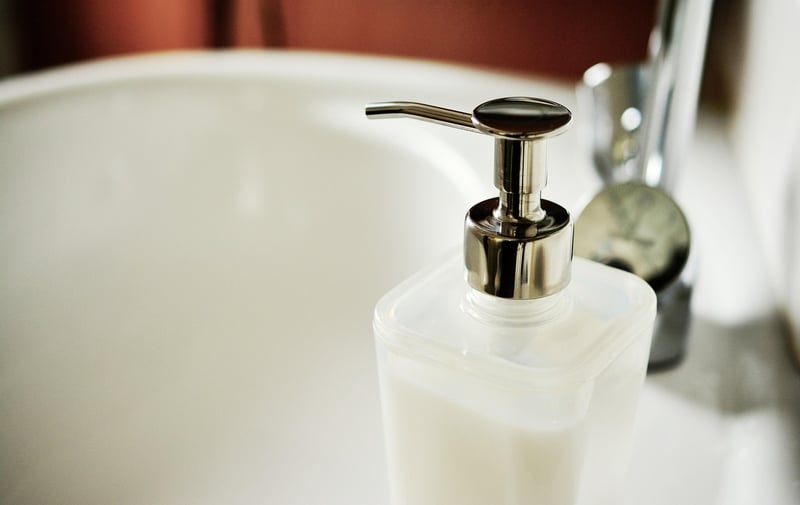Sleep Hygiene Tips
Improving Sleep Quality: Sleep Hygiene Tips
Sleep is essential for overall health and well-being. Quality sleep helps improve concentration, productivity, mood, and immune function. However, many factors can affect the quality of our sleep. By practicing good sleep hygiene, you can create a conducive environment for better sleep. Here are some tips to help you improve your sleep quality:
1. Stick to a Sleep Schedule
Try to go to bed and wake up at the same time every day, even on weekends. Consistency reinforces your body's natural sleep-wake cycle.
2. Create a Relaxing Bedtime Routine
Develop a calming pre-sleep routine such as reading a book, taking a warm bath, or practicing relaxation exercises to signal to your body that it's time to wind down.
3. Make Your Bedroom Comfortable
Ensure your bedroom is conducive to sleep by keeping it dark, quiet, cool, and well-ventilated. Invest in a comfortable mattress and pillows for better support.
4. Limit Exposure to Screens Before Bed
Avoid using electronic devices such as smartphones, tablets, and computers at least an hour before bedtime. The blue light emitted can interfere with your sleep.
5. Watch Your Diet and Caffeine Intake
Avoid heavy meals, caffeine, and alcohol close to bedtime as they can disrupt your sleep. Opt for light snacks if you're hungry before bed.
6. Get Regular Exercise
Engaging in regular physical activity can promote better sleep. Aim for at least 30 minutes of moderate exercise most days of the week, but avoid vigorous exercise close to bedtime.
7. Manage Stress
Practice relaxation techniques such as deep breathing, meditation, or yoga to help reduce stress and calm your mind before bedtime.
8. Seek Natural Light Exposure
Get exposure to natural light during the day, especially in the morning. Natural light helps regulate your sleep-wake cycle and improve your overall sleep quality.
By incorporating these sleep hygiene tips into your daily routine, you can improve the quality of your sleep and wake up feeling refreshed and rejuvenated.

Remember, everyone's sleep needs are different, so it's essential to find what works best for you. If you continue to have trouble sleeping despite practicing good sleep hygiene, consider consulting a healthcare professional for further evaluation and guidance.
Here's to a restful night's sleep and better overall health!
